
A Green Future for Tsalka
The world faces an extraordinary challenge: climate change, which is accelerated by human activity, and which questions our future if we keep living and developing in the way we do. To stop climate change and save the planet but continue socio-economic growth of our societies, we have to switch to what is called a sustainable development. A majority of experts and policy-makers admit the need for urgent actions to stop climate change and have started supporting green policies at global and local levels. Nowadays, it’s clear that green policies are a key precondition for the sustainable development of society. It is impossible to develop a country or a region without a green agenda.
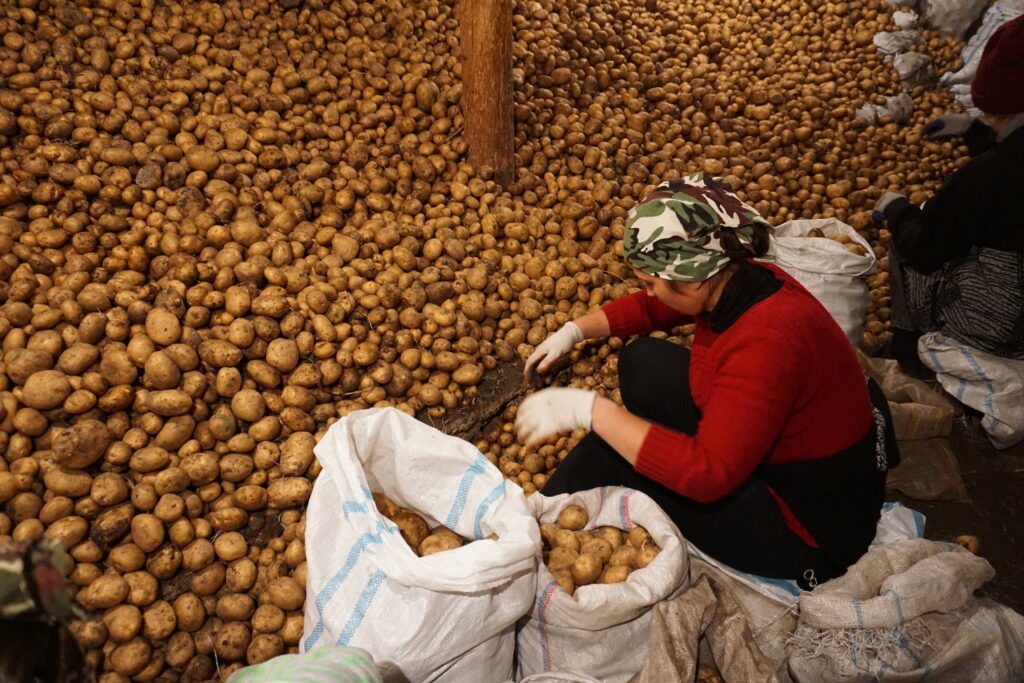 Tsalka, Georgia
Tsalka, Georgia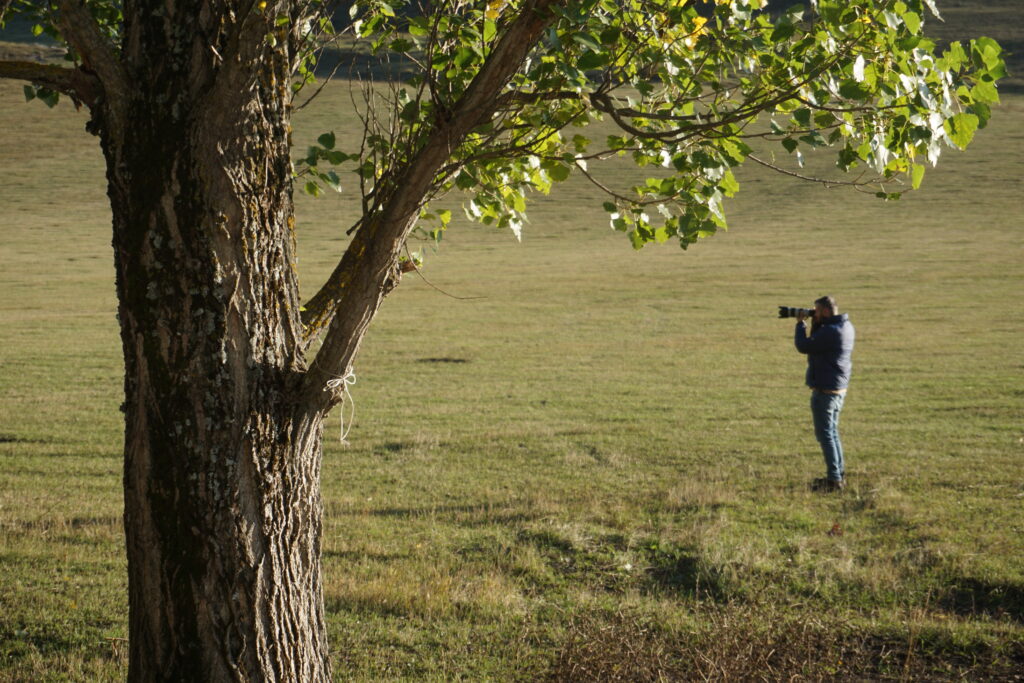 Tsalka, Georgia
Tsalka, Georgia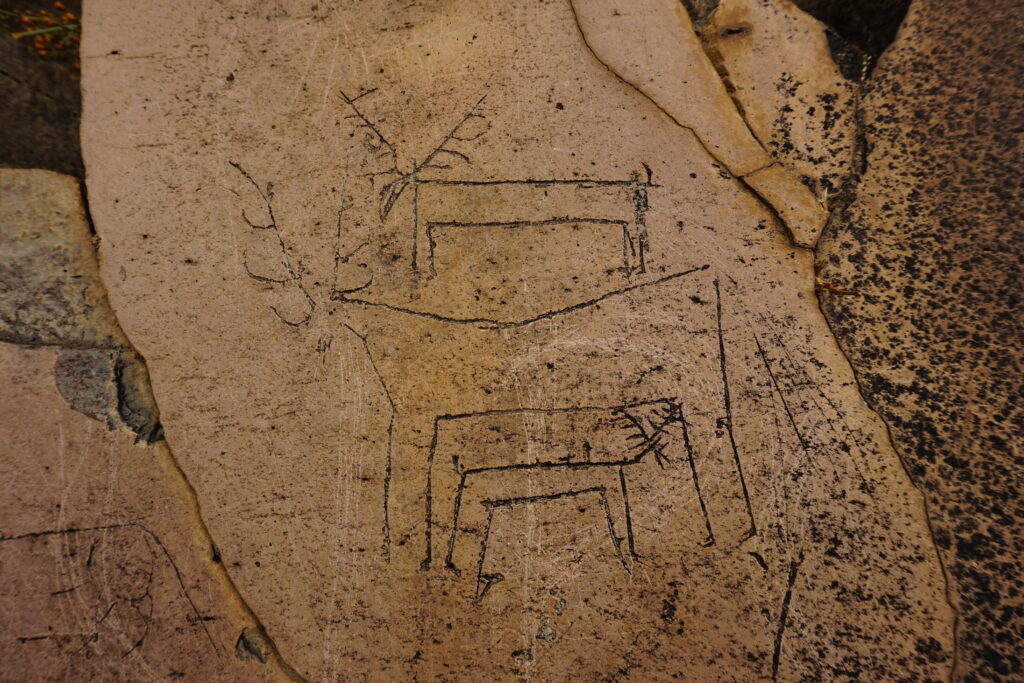 Tsalka, Georgia
Tsalka, Georgia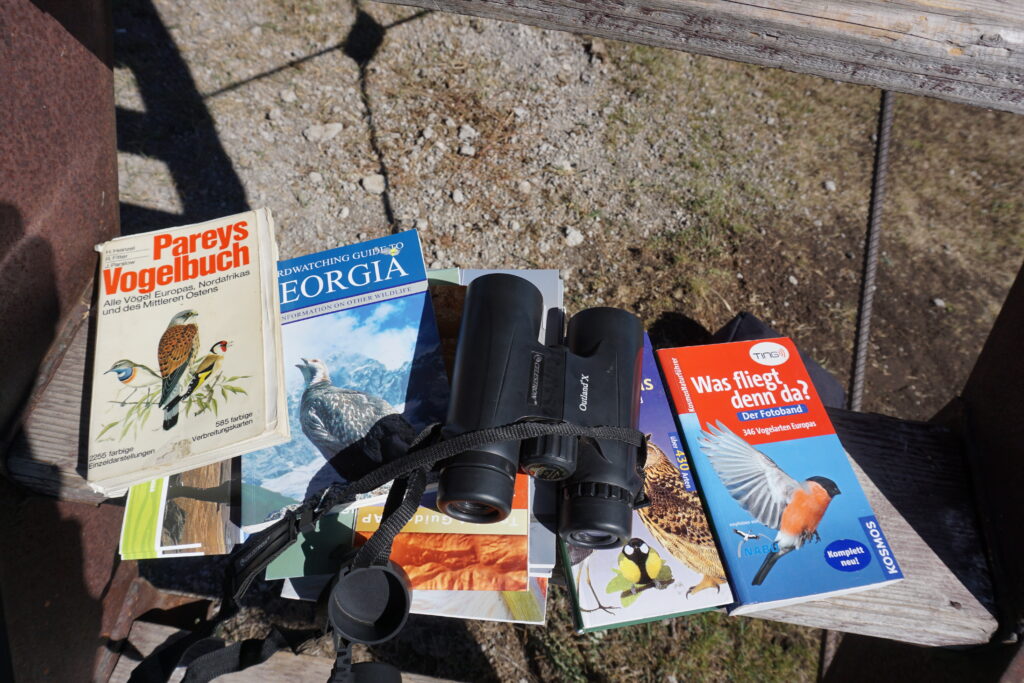 Tsalka, Georgia
Tsalka, Georgia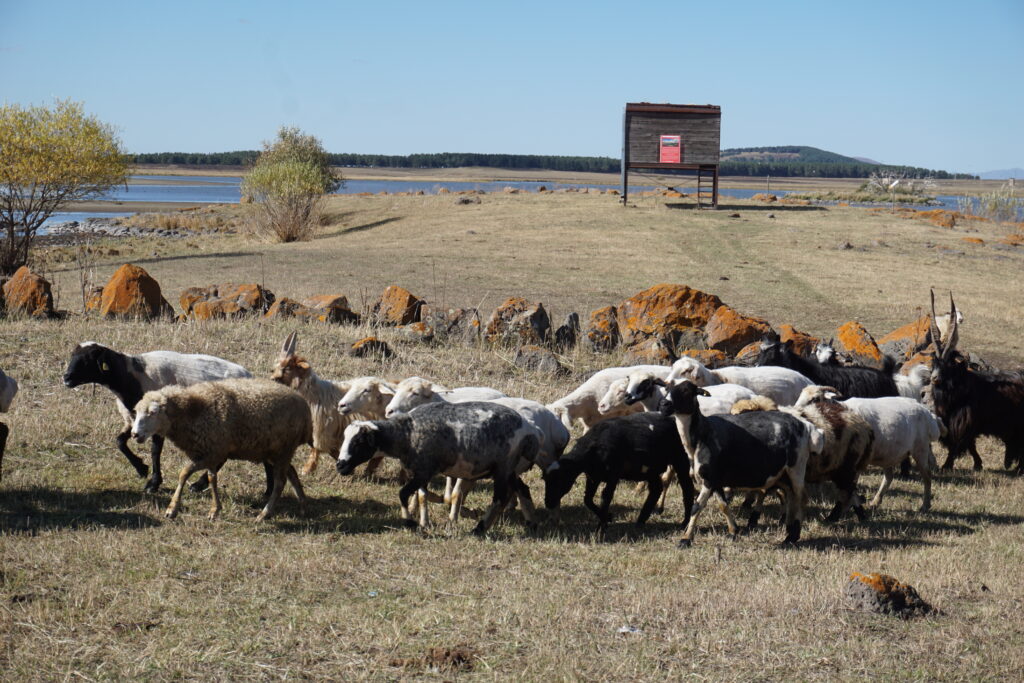 Tsalka, Georgia
Tsalka, Georgia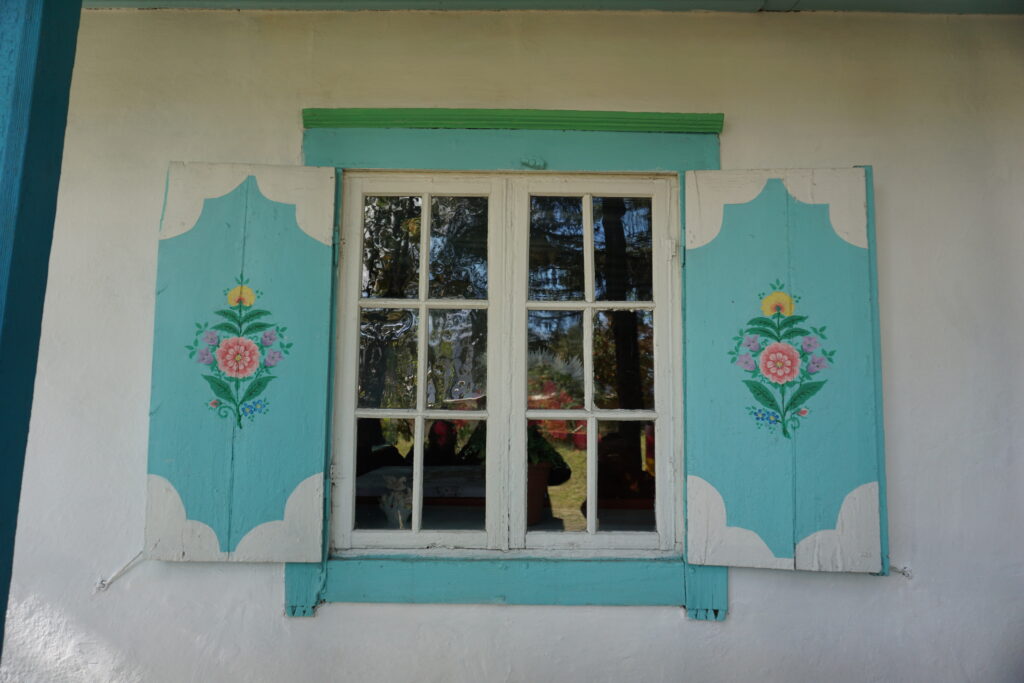 Tsalka, Georgia
Tsalka, Georgia Tsalka, Georgia
Tsalka, Georgia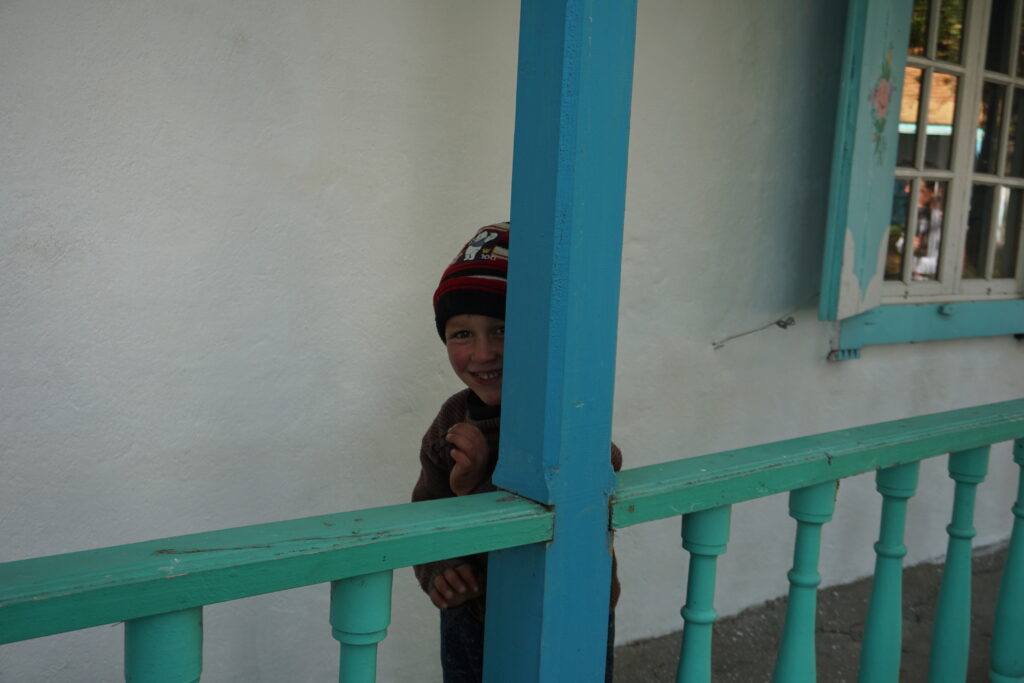 Tsalka, Georgia
Tsalka, Georgia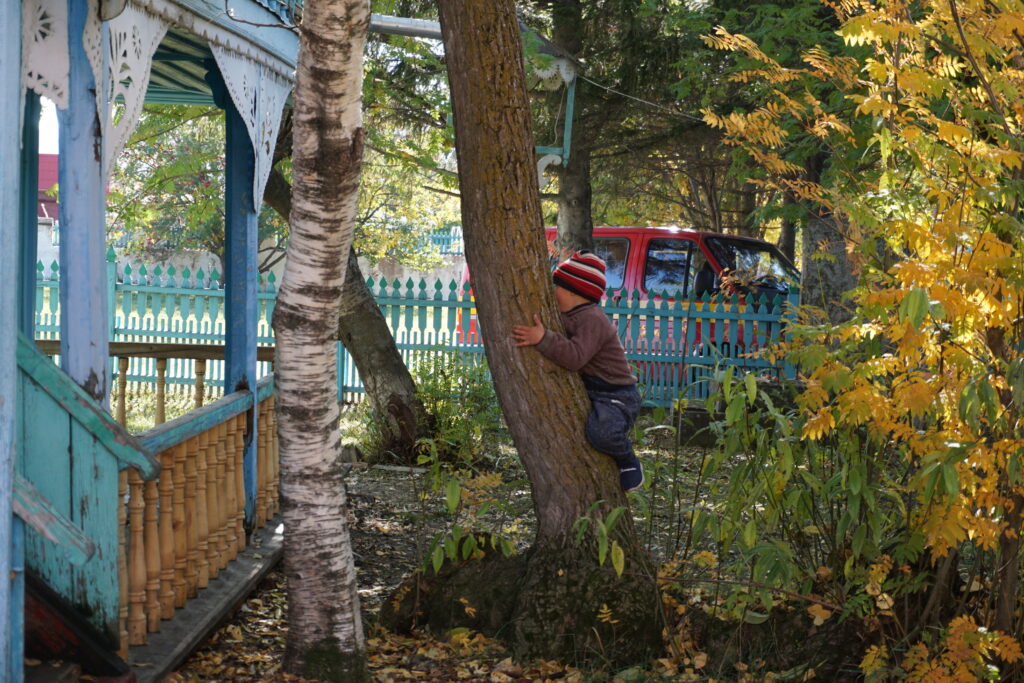 Tsalka, Georgia
Tsalka, Georgia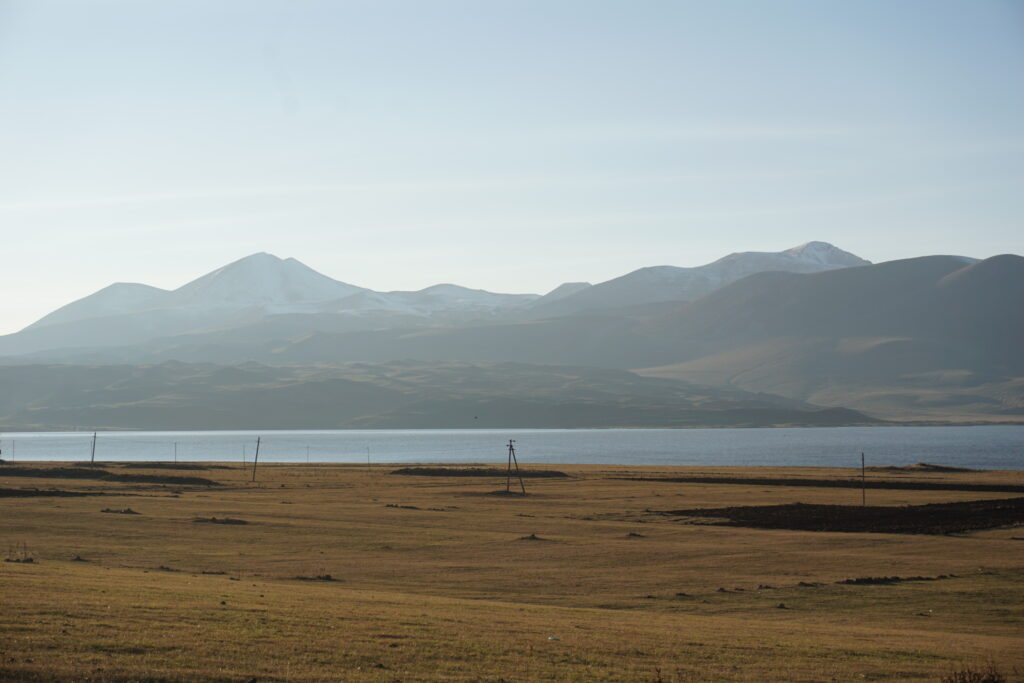 Tsalka, Georgia
Tsalka, Georgia
The European Union is one of the major advocates of green policies on the global arena, and it supports a sustainable transformation of Georgia’s economy. This means developing the country in such a way that human activities will not have a negative impact on the environment, but also will create more jobs and result in a stable growth of the economy in the future. As a Young European Ambassador, I have recently experienced the EU’s support for introducing green policies on the local level in Tsalka municipality, Georgia.
Tsalka municipality is in the Kvemo Kartli region, and it is a unique place considering its multiethnic composition. The coexistence of many ethnic groups in a small territory supports progress, as people have an opportunity to exchange their experience. In Tsalka, especially, this cultural exchange is part of daily life. Agriculture is the main economic activity and a source of income in the region, but until now it remains largely underdeveloped and people use ancient tools and ways of cultivation.
On September 18 last year, Young European Ambassadors met with young people at the Tsalka LAG #EMBRACETsalka local development centre. The highlight of this meeting for me was the motivation of young people to solve environmental issues in their municipality and the ways they see to tackle them. Young people consider that agriculture contributes to climate change unless it is modernised and modern tools of cultivation are used. Until now, the Tsalka municipality has not had the means to promote sustainable agriculture, educate farmers and young people. However, ENPARD has recently started its activities in Tsalka, and aims at educating youth, among other activities.
The EU-funded ENPARD agricultural programme has been implemented in Georgia since 2013. It aims to support farmers and entrepreneurs in targeted regions to address issues of education and technology. Through the programme, the local population benefits from support services for their businesses, and at the same time, the programme creates a space for sharing the experience of introducing green policy standards, which is an important step for the country towards sustainable development.
The non-governmental organisation CENN implements ENPARD in Tsalka Municipality for the EU-funded project “Local LEADERs Embrace Sustainable Development in Multi-Ethnic Tsalka Municipality (EMBRACE Tsalka)” . This project is especially important for young people living in the region, as the goal of the project is directly related to discovering and promoting the entrepreneurial potential among them. The project contributes to reduction of rural poverty in Tsalka Municipality, known for its diverse population. It addresses economic, social, and environmental concerns by improving agricultural competitiveness, promoting sustainable management of natural resources, and building climate-resilient rural economies and communities.
The project is crucial for the region, as the local youth is consulted by educational institutions, such as universities, working with their peers and adults to study social entrepreneurship issues and create development strategies. It is believed that the young people who are involved in this project or will be involved in the future will be a guarantee that the region will become an example of a developed sustainable economy. An important part in the development of the region is precisely its environment, since saving it by sustainable means of agriculture will also attract locals to develop the sphere of tourism, besides its positive impact on climate.
Understanding green policy is essential for a modern, responsible citizen. Raising awareness of young people as future local businesspeople to use resources properly without harming the environment means that their activity locally and then globally, will only bring positive changes.
LATEST

Building Europe: Poland’s experience of joining the European Union and lessons for Ukraine

World Health Day 2024: My Health, My Right

EUREKA MEETS EUROPE – opportunities to develop and study. My experience

Can you wear pink in the workplace?
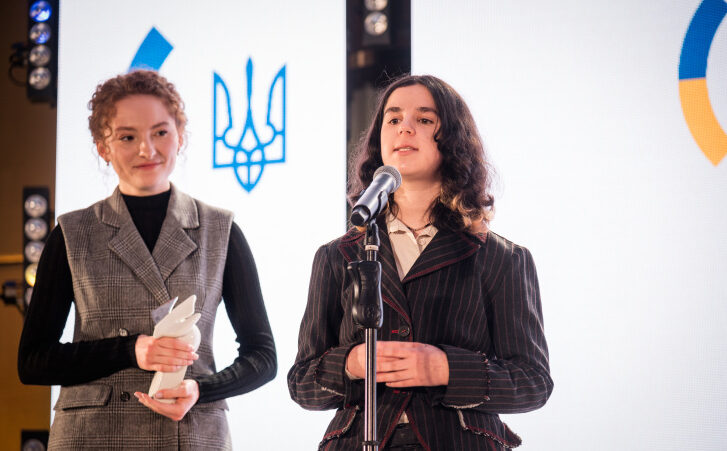
Go where your deepest fears lie: finding the courage to overcome gender barriers in STEM
More campaign pages:
Interested in the latest news and opportunities?
This website is managed by the EU-funded Regional Communication Programme for the Eastern Neighbourhood ('EU NEIGHBOURS east’), which complements and supports the communication of the Delegations of the European Union in the Eastern partner countries, and works under the guidance of the European Commission’s Directorate-General for Neighbourhood Policy and Enlargement Negotiations, and the European External Action Service. EU NEIGHBOURS east is implemented by a GOPA PACE-led consortium. It is part of the larger Neighbourhood Communication Programme (2020-2024) for the EU's Eastern and Southern Neighbourhood, which also includes 'EU NEIGHBOURS south’ project that runs the EU Neighbours portal.

The information on this site is subject to a Disclaimer and Protection of personal data. © European Union,